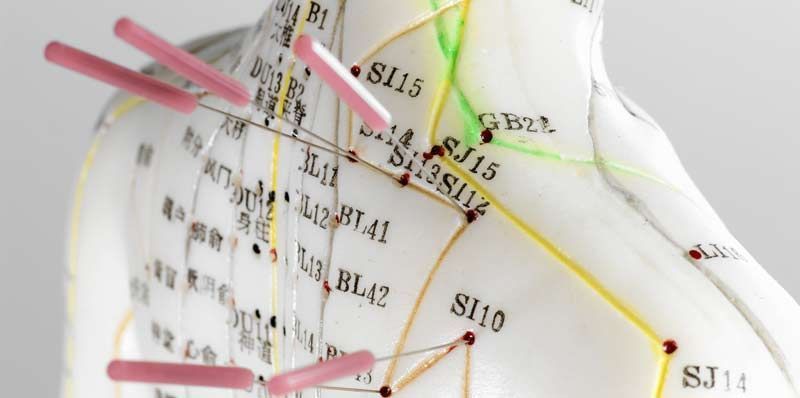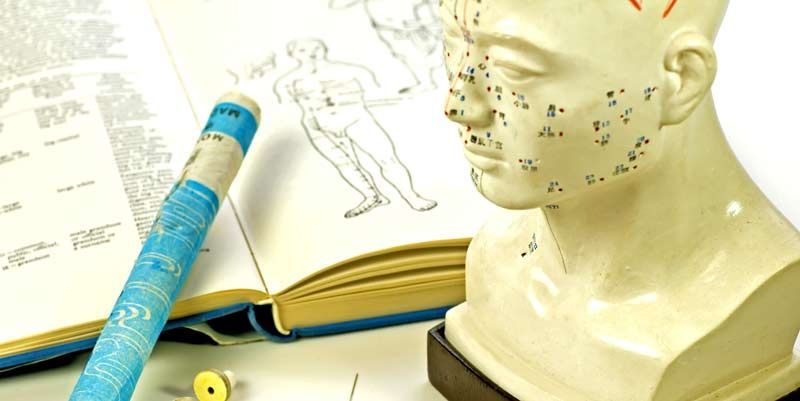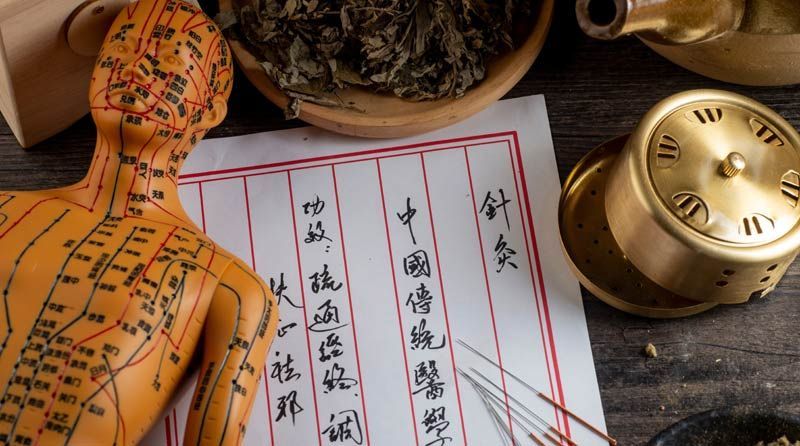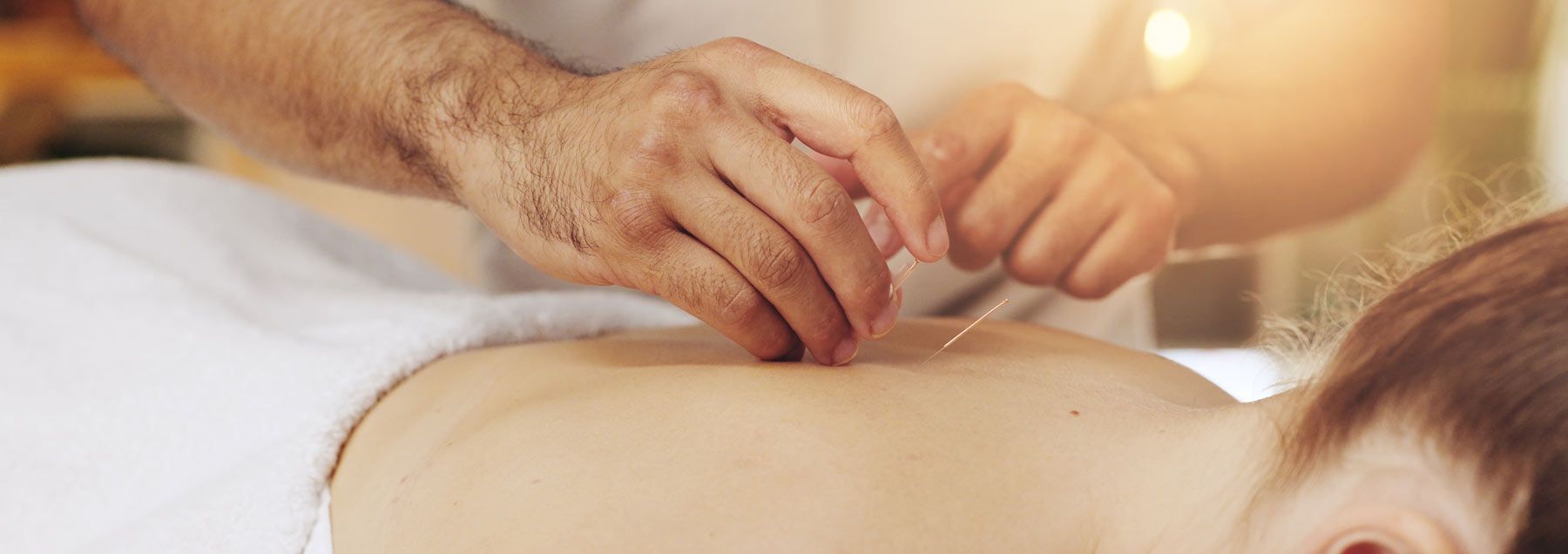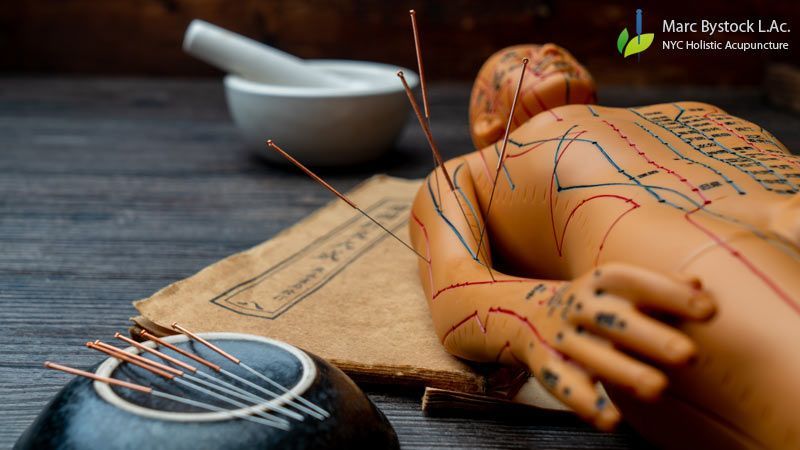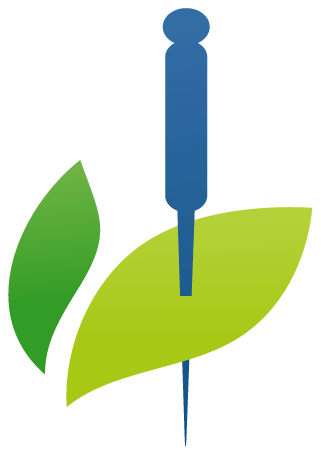Acupuncture and Women's Health: Supporting Female Vitality Across Life Stages
Acupuncture presents a compelling option for women seeking support throughout various stages of life, including menstrual health, pregnancy, and menopause.
- Marc Bystock, NYC Acupuncturist

Acupuncture A Holistic Ally for Women's Health Across Life Stages
Acupuncture, a cornerstone of Traditional Chinese Medicine (TCM), has been gaining recognition for its remarkable ability to support women's health throughout various life stages. From the onset of menstruation to the changes of pregnancy and the transitions experienced during menopause, acupuncture offers a holistic approach that can alleviate discomfort, restore balance, and enhance overall well-being. This blog post will explore how acupuncture can benefit women during these significant phases of life, addressing menstrual health, pregnancy-related concerns, and menopause.
Acupuncture and Menstrual Health
Menstrual health is a vital aspect of women's well-being, and many women experience various symptoms associated with their menstrual cycles, including cramps, mood swings, and irregular cycles. Acupuncture can be particularly beneficial in managing these symptoms. By targeting specific acupoints, acupuncture helps to regulate the flow of Qi and blood, reducing dysmenorrhea (painful menstruation) and promoting hormonal balance. Clinical studies have shown that acupuncture effectively alleviates menstrual cramps and can even lead to more regular cycles for those affected by irregular menstruation. Moreover, acupuncture can help manage premenstrual syndrome (PMS) by addressing the emotional and physical symptoms women experience in the days leading up to their period.
Addressing Hormonal Imbalances
Many women face hormonal imbalances throughout their reproductive years, which can manifest through a range of symptoms, including weight gain, mood swings, and sleep disturbances. Acupuncture can help restore hormonal balance by promoting the optimal functioning of the endocrine system. It influences the hypothalamus and pituitary gland, which are crucial for regulating hormones. By enhancing the body's natural ability to adjust hormonal levels, acupuncture can help alleviate the discomfort associated with conditions such as polycystic ovary syndrome (PCOS) and endometriosis. Women seeking a natural approach to managing these conditions often find acupuncture to be a valuable complementary therapy to conventional treatments.
Acupuncture During Pregnancy
Pregnancy is a unique and transformative stage in a woman's life, bringing both excitement and challenges. During this time, many women seek safe and effective ways to alleviate discomfort and promote a healthy pregnancy. Acupuncture can play a significant role in supporting pregnant women, helping to alleviate common ailments such as nausea, fatigue, and back pain. Pregnancy-related nausea, commonly known as morning sickness, can be particularly distressing for many women. Research has shown that acupuncture can significantly reduce nausea and vomiting during pregnancy, offering a drug-free alternative to manage these symptoms.
Supporting Labor and Delivery
As the due date approaches, many women face anxiety and apprehension about labor and delivery. Acupuncture can help ease anxiety by promoting relaxation and reducing stress. Studies have indicated that acupuncture may decrease the duration of labor and reduce the need for pain relief medications during delivery. By working on specific acupoints, practitioners can help strengthen contractions, facilitating a smoother labor process. Moreover, acupuncture can assist in managing labor pain, providing an effective complement to other pain relief methods.
Postpartum Recovery with Acupuncture
The postpartum period can be both joyful and overwhelming as women transition into motherhood. Acupuncture offers valuable support during this time, helping to address common issues such as fatigue, anxiety, and hormonal imbalances. After giving birth, many women experience a surge of emotions and physical changes that can impact their well-being. Acupuncture can promote healing and restore balance by enhancing blood flow, reducing stress levels, and addressing any lingering discomfort. Additionally, acupuncture has been shown to support lactation by promoting milk production in nursing mothers, making it an invaluable resource for postpartum care.
Menopause and Acupuncture
Menopause marks a significant transition in a woman's life, often accompanied by various physical and emotional symptoms. Hot flashes, night sweats, mood swings, and sleep disturbances are common complaints during this phase. Acupuncture can offer considerable relief from these symptoms by addressing hormonal imbalances and supporting the body's natural processes. Numerous studies have indicated that acupuncture can effectively reduce the frequency and intensity of hot flashes, providing a safe alternative to hormonal replacement therapies. Moreover, acupuncture can help alleviate insomnia and mood disturbances, allowing women to navigate this transition with greater ease and comfort.
The Holistic Approach of Acupuncture
One of the strengths of acupuncture is its emphasis on a holistic understanding of health. By addressing the interconnectedness of the body's systems, acupuncture provides a comprehensive approach that considers not just physical symptoms but also emotional and psychological aspects of well-being. This holistic perspective aligns well with women's health needs across various life stages. By fostering balance among mind, body, and spirit, acupuncture supports women in achieving optimal health and vitality throughout their reproductive lives.
Integrating Acupuncture with Conventional Care
As more women seek alternative approaches to managing health concerns, the integration of acupuncture into conventional medical care becomes increasingly important. Health professionals can work collaboratively with acupuncturists to create comprehensive treatment plans that address a woman's unique needs. This multidisciplinary approach empowers women to make informed decisions about their health, combining the benefits of acupuncture with standard medical practices. Patients should ensure they seek licensed practitioners to guarantee safe and effective treatments, particularly during pregnancy and menopause.
Patient Experiences and Testimonials
Personal testimonials can provide valuable insights into how acupuncture has positively impacted the lives of women seeking support for various health concerns. Many women have shared their experiences of relief from menstrual pain, improved pregnancy outcomes, and decreased menopausal symptoms following acupuncture treatments. For instance, one woman recounted how acupuncture helped her manage severe menstrual cramps that had previously limited her activities. Another mother spoke highly of her acupuncture sessions during pregnancy, emphasizing how they significantly reduced her anxiety and discomfort. These testimonials highlight the transformative potential of acupuncture in women's health and well-being.
Conclusion: Embracing Acupuncture for Women's Health
Acupuncture presents a compelling option for women seeking support throughout various stages of life, including menstrual health, pregnancy, and menopause. The holistic approach of acupuncture addresses the physical, emotional, and psychological aspects of health, promoting overall well-being. As more women discover the benefits of acupuncture, its integration with conventional medical care will likely enhance treatment outcomes and empower women to take charge of their health. By embracing the principles of acupuncture, women can navigate the complexities of their reproductive lives with greater comfort and vitality.



